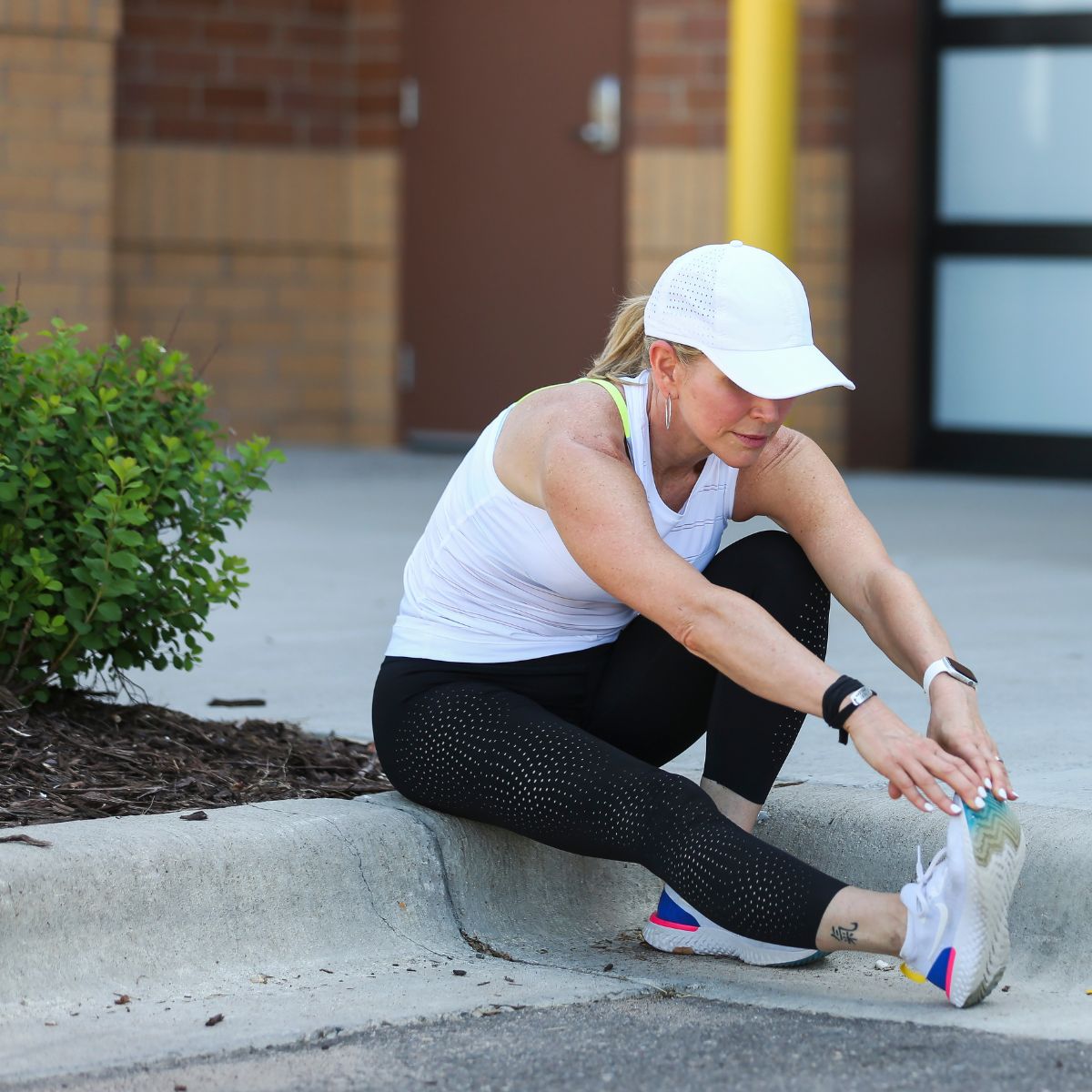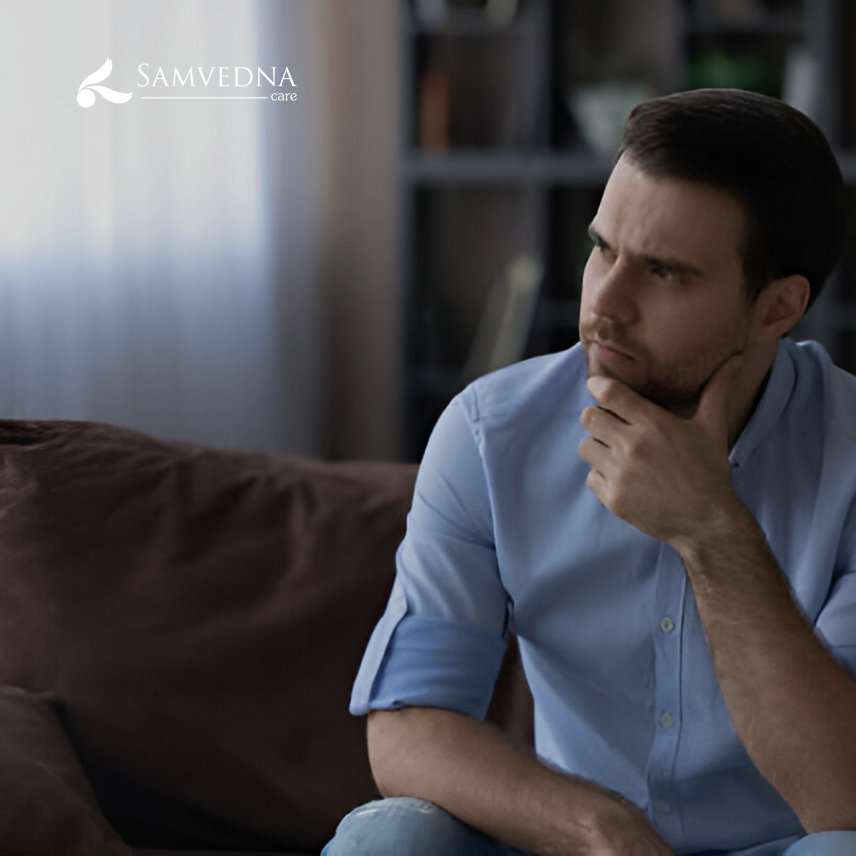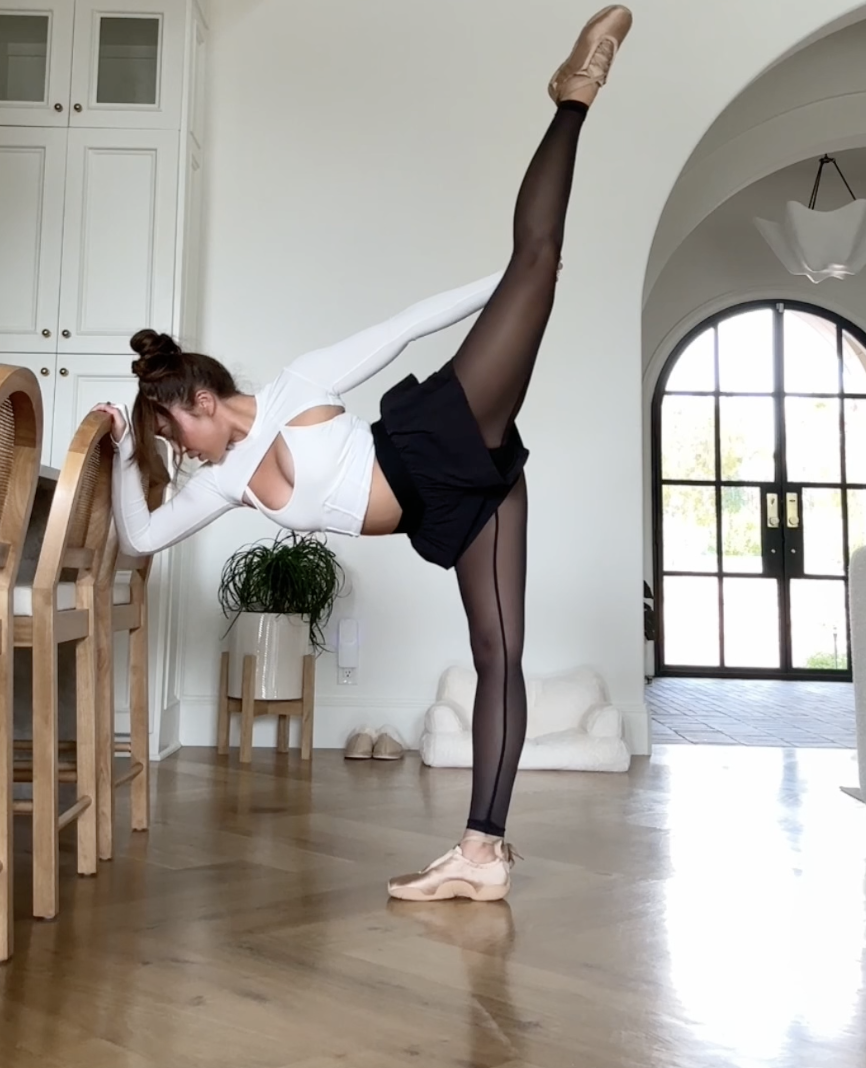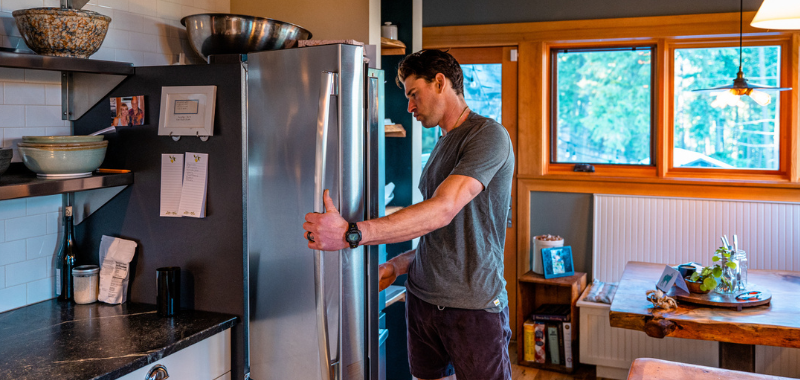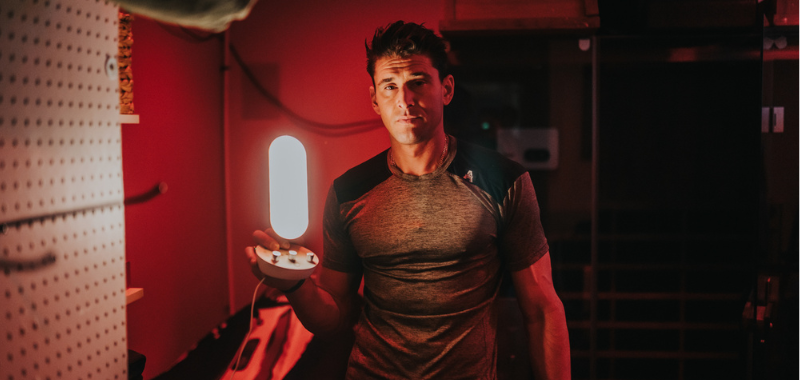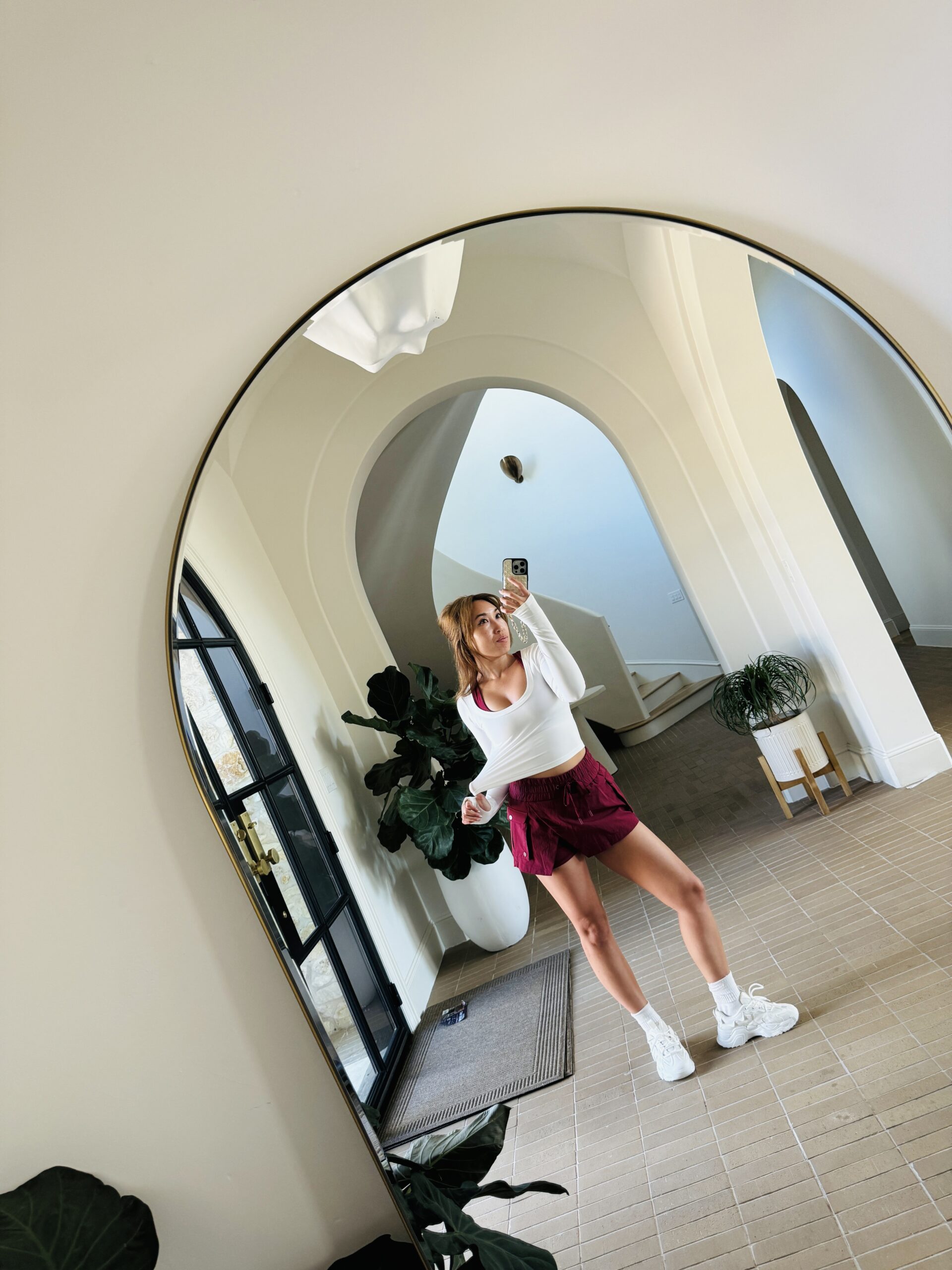One chilly November day in Wisconsin, in the midst of the COVID-19 pandemic, a group of people living with dementia and their care partners enjoyed a visit to a local zoo. In a few cases, far-flung family members joined them. They signed up in advance, paid $10, and before the Zoomed program began in the morning, local participants received a box lunch delivered to their homes along with a craft kit for an activity after lunch.
For the zoo program, two zoo staffers showed and told the stories of a turtle, macaw, rabbit, and ferret rescued from people who abandoned their pets. With their lunches, each participant also received an original work of turtle art: non-toxic paint had been put on a turtle’s belly and the turtle crawled around on paper. After lunch, the group rejoined on Zoom to do a craft project with two students from the Occupational Therapy Assistant program at our local technical college.
Participants loved the program. They said it felt special and gave them something interesting to do when every day can seem like every other day. That is a comment we commonly heard about our memory cafés when we were able to gather in person. The memory cafés were something enjoyable to have on the calendar when most of their calendars were filled with medical appointments.

Fox Valley Memory Project,(FVMP) a nonprofit in northeast Wisconsin, created and carried out the zoo program. Begun in 2012, FVMP aims to create a dementia-friendly and inclusive community in our part of the world. As a co-founder of this organization, I’ve had the privilege of helping it grow and enact its mission throughout our region.
Our first day-long outing came in 2014. Poet Gary Glazner, founder of the Alzheimer’s Poetry Project happened to be in Wisconsin training long-term care staff and he joined our excursion along with several local volunteers and FVMP’s part-time program coordinator. About 55 people living with dementia and their care partners got on a large tour bus and headed north from Appleton, WI.
Stopping first at a famous candy shop, we were greeted by a person holding a silver tray with treats to sample. We departed the bus and wandered around the shop looking at, and sometimes buying, candies.
Next, we headed to a restaurant where we sat at tables for eight in a room set apart from the rest of the restaurant. I will never forget watching a man go right for the dessert set out with the place settings. I thought about how in different circumstances, his wife might have been embarrassed by that behavior, but she knew that in this group, there was no dementia stigma.
Following lunch, we boarded a boat in Green Bay, WI, and had an excursion on the Fox River. Throughout the day, Gary Glazner had been jotting down comments by participants, sometimes spontaneous, and sometimes responding to his open-ended, creative questions. On the bus ride home, Gary read us the poem he created about our day.
After the success of that first outing, FVMP continued the practice of quarterly day-long bus trips to interesting places. Many happy photos of these trips were posted on the FVMP Facebook page for friends and family to see. People loved having these normalizing experiences, set apart from the common burdens wrought by dementia. Often, the proprietors of places we visited whispered to me that they couldn’t tell who had dementia and who did not.
And then along came COVID.
COVID disrupted all the FVMP programs that had sought to make our community more dementia-friendly and inclusive.
- Our memory cafés had been meeting nine times a month in eight different locations. We pivoted to offering them via Zoom twice a week.
- Our chorus, founded in 2014, had been a great source of joy for people living with dementia and care partners but it, too, had to pivot to Zoom. We had been getting more invitations to perform in our region but those were all canceled.
- Other programs like support groups and a cognitive stimulation program for early and mid-stage dementia also had to go online.
All of this meant that some people could not participate because they lacked the technology and/or Internet connectivity. For some, the Zoom screen was just too confusing. To make up for this, we have telephoned regularly and have distributed small gift bags so people do not feel forgotten.
The opportunity to get to know all these courageous, resilient people has been a great source of joy in my life. I wanted to spread the word about dementia-friendly and inclusive communities so on Halloween, 2019, I handed in the final manuscript for my book, Dementia-Friendly Communities: Why We Need Them and How We Can Create Them.
And then along came COVID.
I wrote my book envisioning communities where people could meet in person to enjoy various types of creative engagement, offer service to others (such as the craft projects we did at memory cafés to support our local homeless shelter), have fun, and make friends. The pandemic has challenged everyone, and through this time, I have observed people with dementia and their care partners feeling both the emotional pain of social isolation, but also the joy that’s possible when an organization like FVMP creatively responds and does things like inviting them to spend a day thinking about turtles, macaws, rabbits, and ferrets.
Related Posts
#Day #Zoo…Online


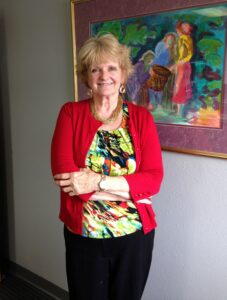

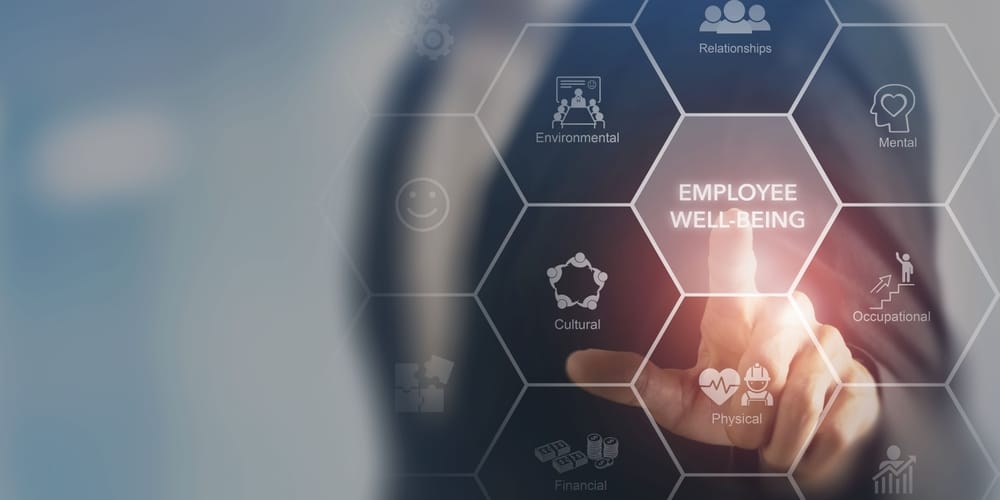


.JPG)




